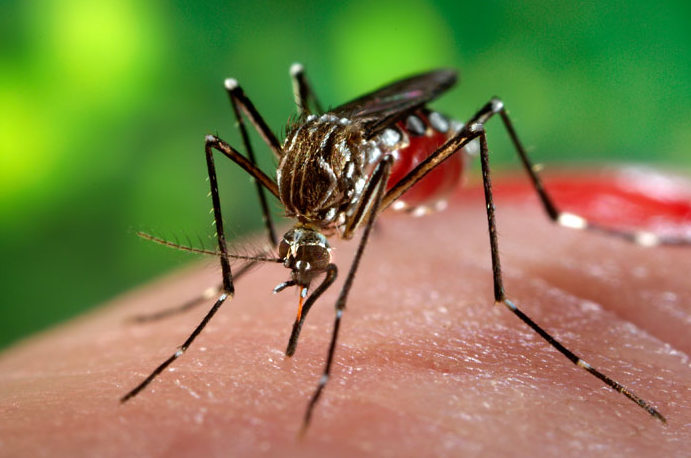The Department of Health (DOH) said Friday that the sixth zika virus case reported in Iloilo is now cleared from the infection.
“The 45-year old married non-pregnant female has recovered,” said DOH Spokesperson and Assistant Secretary Dr. Eric Tayag in an interview with the media.
Tayag said that the DOH team deployed Monday to Iloilo to trace other suspected cases will reveal its findings by Tuesday.
Through testing of specimens of possible cases who had skin rashes or displayed symptoms of zika such as joint pains and conjunctivitis (redness of eyes), the DOH wants to find out the scope of the local transmission.
The manner by which the sixth zika case acquired was considered to be in the form of local transmission—meaning it was locally acquired because she did not come from any endemic zika-country.
On Aug. 31, the woman experienced skin rashes with joint pains but with no fever.
Her urine and blood specimens were tested and yielded positive results of zika.
The DOH considered the first zika virus case in the country in 2012, involving a 12-year old male in Cebu City, as locally-transmitted.
The other four cases that yield positive with zika detected in 2016 consisted of foreign nationals who visited the country but might have had acquired the zika from other countries.
Zika is transmitted through a mosquito and by sexual contact.
The mosquito capable of transmitting the virus is the aedes aegypti, which also transmit dengue and chikungunya.
The symptoms are actually milder compared to dengue.
These symptoms are flu-like and sometimes no symptoms may appear.
It is also self-limiting or can be heal through proper management.
What is being feared about it is if it hits pregnant women.
There are studies that link zika to birth defect known as microcephaly wherein the brain and head of the baby did not develop into fullest.
(adsbygoogle = window.adsbygoogle || []).push({});
In this condition, the baby may suffer speech, hearing, and sight defects which any mother will not be happy about.
With that defects, the baby can turn to be a difficult responsibility for parents because they will need to take care of them.
To prevent it, the DOH recommends safety measures such as use of protective mosquito repellants, keeping the environment clean or not encourage breeding of mosquitoes.
The DOH had also advise using of long sleeves and long pants to prevent mosquito bites.
They also advice women planning to be pregnant but have partners coming from other foreign countries to seek advice of their OB gynecologists on how they can do practice safe sex methods if they have suspicions that they have zika so that they will not led to a baby with microcephaly. [By Leilani S. Junio of PNA]



